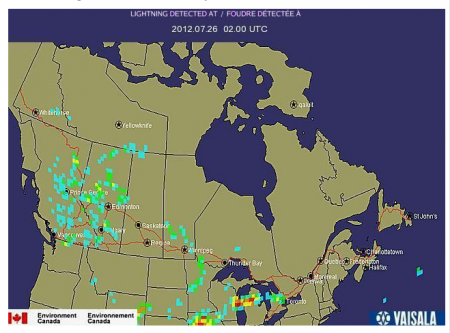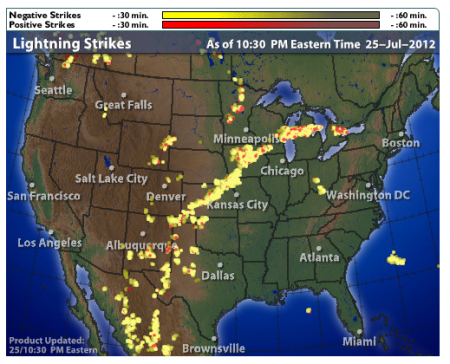In Canada, there is a large apparatus that exists to handle correspondence sent to federal ministers. This is because they receive a large volume of correspondence, much of it consisting of large numbers of form letters sent by supporters of various non-governmental organizations.
When a letter to a minister is received, it is usually sent to a low-level civil servant who works on files vaguely related to the subject matter of the letter. If at all possible, the response drafted will say that the matter is outside the minister’s area of responsibility (since this keeps things simple). Letters may also be forwarded to other ministers deemed better suited to answering it. For instance, letters to the prime minister are often sent to the minister responsible for the files described in the letter. These ministers may in turn pass along the letter to yet other people.
When a response to a ministerial letter is drafted by a civil servant, the standard practice is to ignore whatever the letter writer is urging the minister to do. Say you write a letter objecting to the construction of a new power station. The response you get is unlikely to mention the power station or any of your concerns. It is also extremely unlikely to promise any new action. What it is overwhelmingly likely to do is to list a number of popular actions already taken by the government in your general area of concern, and then to list a few more actions in the area that have been promised.
Once a maximally bland letter has been written by a civil servant, it will get passed to the political staff in the minister’s office who will add a bit of their own content.
At no point is the minister likely to see your letter and, if they actually sign it themselves, they are merely likely to glance over the text prepared by their officials. By writing to a minister, the main action that you produce in response is to re-direct a low-level civil servant away from their usual work to write a suitably inoffensive and low-content response to your query.
If you want to write a letter that will actually get read by someone influential, you can consider writing to the deputy ministers of federal departments. They generally don’t have an elaborate system in which other people write their correspondence for them, and they are probably more likely to actually read your letter. While in theory deputy ministers do not set policy, their roles as administrators and as expert advisors mean they are influential people and that it could be quite meaningful to change their minds on a subject. You can find out who the deputy minister of a department is from the organizations website, which will also include their mailing address.
Alternatively, you can always try writing ‘private’ on the envelope of your letter to a minister. Caution on the part of officials may lead to the minister actually opening the mail personally.
Finally, it is worth knowing that all references made in the media to ministers and to government departments are meticulously observed and recorded by civil servants. Even mentioning a minister in a tweet is likely to get you added to a column in some civil servant’s spreadsheet. As such, it can be a more effective use of time to write a letter to the editor that mentions a minister than to write to the minister directly.



